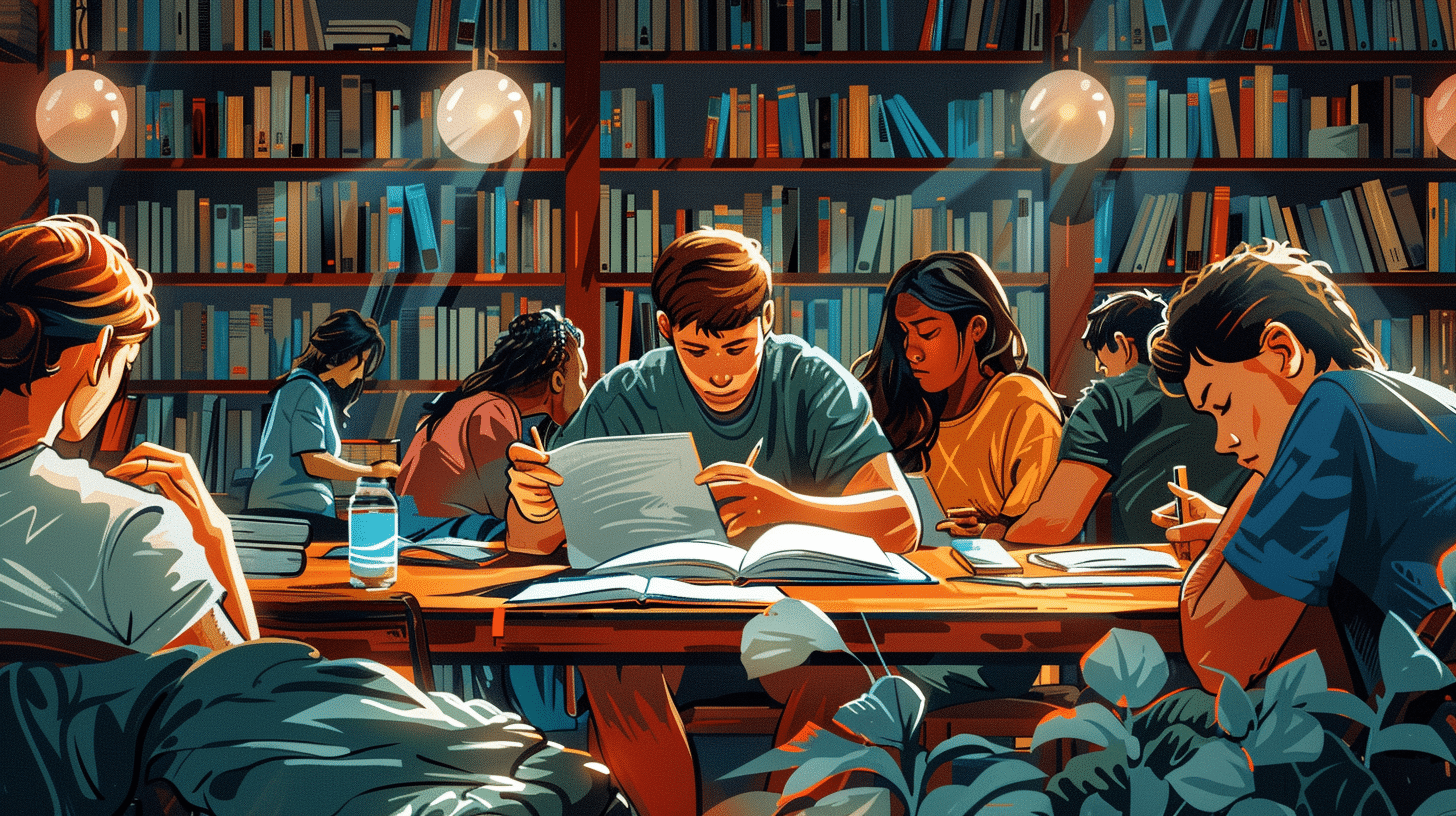Pick a language and start learning!
Descriptive adjectives Exercises in Welsh language

Descriptive adjectives in the Welsh language add color and depth to expressions, allowing speakers to vividly convey the qualities and characteristics of people, places, and objects. Just like in English, Welsh adjectives can describe size, color, shape, and other attributes, but they follow different grammatical rules that are integral to mastering the language. Understanding how to properly use these adjectives is crucial for anyone looking to enhance their fluency in Welsh, as it helps to create more engaging and accurate descriptions in conversation and writing.
In Welsh, adjectives often come after the noun they describe, a structure that differs from English, where adjectives typically precede the noun. Additionally, many Welsh adjectives undergo mutation, a unique feature of Celtic languages where the initial consonant of a word changes depending on grammatical context. This can initially seem complex, but with practice, it becomes an intuitive part of using descriptive adjectives in Welsh. In this section, you will find a range of exercises designed to help you master the use of descriptive adjectives in Welsh, from basic forms to more advanced structures, ensuring you gain confidence and proficiency in your language skills.
Exercise 1
<p>1. Mae'r gath *fawr* yn y tŷ (opposite of small).</p>
<p>2. Roedd y ci yn *gyfeillgar* iawn (synonym for friendly).</p>
<p>3. Mae'r afal yn *goch* (color of a ripe apple).</p>
<p>4. Roedd y mynydd yn *uchel* (opposite of low).</p>
<p>5. Mae'r plentyn yn *hapus* (synonym for happy).</p>
<p>6. Roedd y dŵr yn *glir* (opposite of cloudy).</p>
<p>7. Mae'r siop yn *fawr* (opposite of small).</p>
<p>8. Roedd y llyfr yn *ddiddorol* (synonym for interesting).</p>
<p>9. Mae'r blodau yn *bert* (synonym for beautiful).</p>
<p>10. Roedd y tywydd yn *braf* heddiw (synonym for nice).</p>
Exercise 2
<p>1. Mae hi'n caru'r tŷ *melyn* (color of the sun).</p>
<p>2. Mae'r ci yn *fawr* (opposite of small).</p>
<p>3. Y llyfr *diddorol* yw fy hoff un (adjective for something that catches your attention).</p>
<p>4. Cafodd y cacen *blasus* ganmoliaeth (adjective for good-tasting).</p>
<p>5. Mae'r plentyn yn *ddeallus* iawn (adjective for someone who is very smart).</p>
<p>6. Roedd y gwersyll *tawel* yn berffaith ar gyfer ymlacio (adjective for quiet).</p>
<p>7. Y gath *ddu* yn cuddio yn y cysgodion (color that is the opposite of white).</p>
<p>8. Mae'r afal yn *goch* (color of a ripe apple).</p>
<p>9. Mae'r awyr yn *glas* heddiw (color of the sky on a clear day).</p>
<p>10. Roedd y ffilm *ddoniol* yn gwneud pawb yn chwerthin (adjective for something that makes you laugh).</p>
Exercise 3
<p>1. Mae'r ci yn *fach* (This adjective means 'small').</p>
<p>2. Mae'r tywydd yn *wlyb* heddiw (This adjective means 'wet').</p>
<p>3. Mae'r afal yn *coch* (This adjective describes the color 'red').</p>
<p>4. Mae'r llyfr yn *diddorol* (This adjective means 'interesting').</p>
<p>5. Mae'r car yn *gyflym* (This adjective means 'fast').</p>
<p>6. Mae'r plant yn *hapus* (This adjective means 'happy').</p>
<p>7. Mae'r tŷ yn *fawr* (This adjective means 'big').</p>
<p>8. Mae'r dŵr yn *oer* (This adjective means 'cold').</p>
<p>9. Mae'r blodau yn *hardd* (This adjective means 'beautiful').</p>
<p>10. Mae'r athro yn *glyfar* (This adjective means 'clever').</p>







